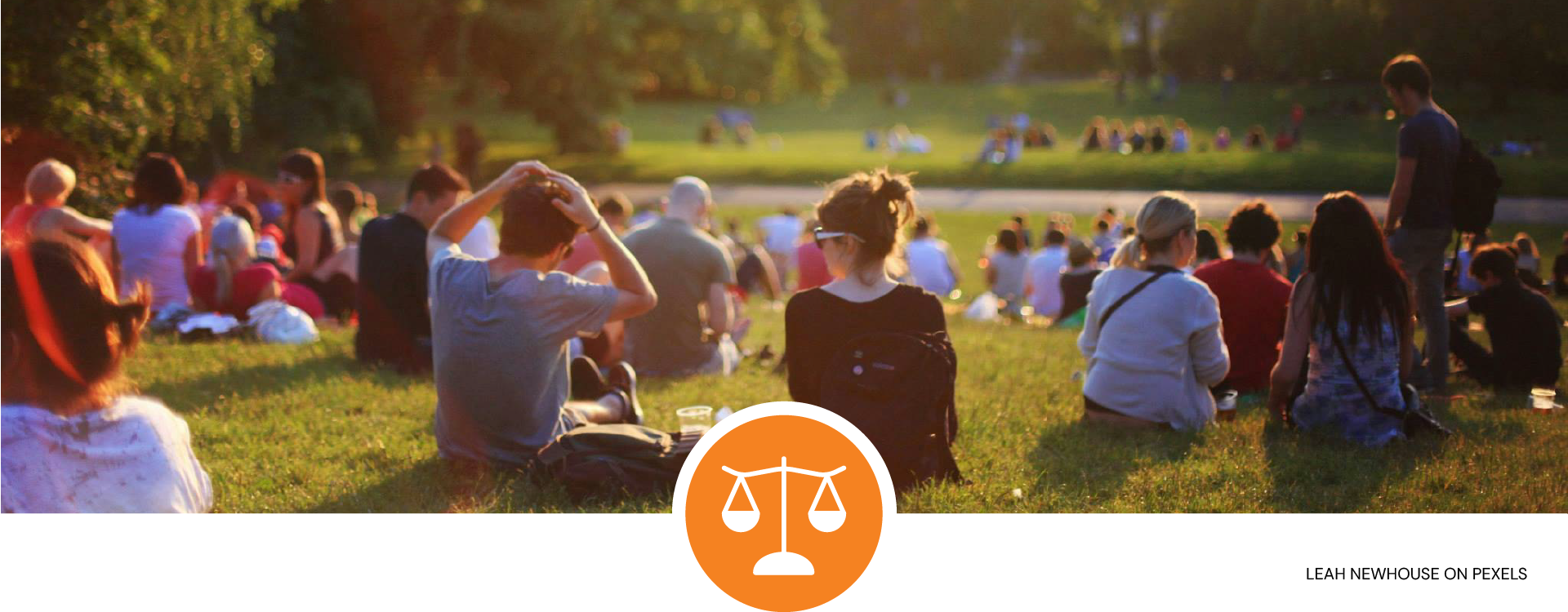4. Decommodify Society and Nature
In cities today, much of our public housing, public transit systems, urban spaces, utilities, and even some social services are commodities. By treating public services this way, the private property rights of large corporations often supersede fundamental human rights. Decommodification creates better access to affordable solutions by mitigating market pressures. It also enhances community capabilities and wealth by prioritizing publicly-owned and local options.
learn more





